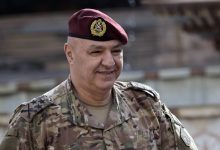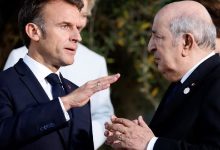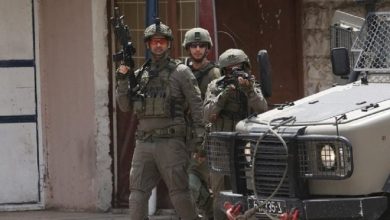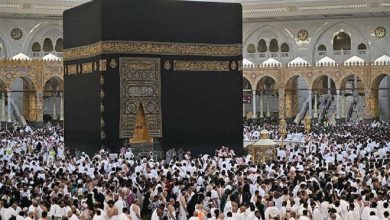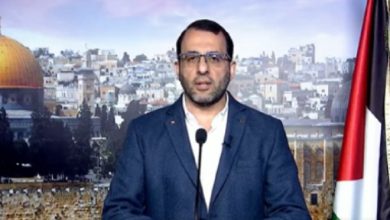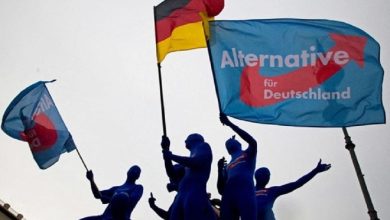Washington Post Retracts Claims Linking Polisario Fighters to Iran: Algeria Responds
Algeria denounces Moroccan-led misinformation campaign as Polisario Front denies any ties to Iran, Syria, or Hezbollah amid repeated attempts to label the group as a terrorist organization.

Watan-The American newspaper The Washington Post has issued a correction to a report claiming that fighters from the Polisario Front received training from Iran—an allegation that, according to Algerian sources, has circulated since 2018, pushed by Moroccan officials in an attempt to portray Algeria as an Iranian ally and sway U.S. opinion.
The correction stated:”A story on the front page of the April 13 edition, covering the new Syrian government and its efforts to shut down smuggling routes used by Iran and its proxies, did not include comment from the Polisario Front regarding claims that it is aiding Iranian interests in Syria. The Polisario Front, which seeks independence for Western Sahara, denies any connection whatsoever with Iran.”
The statement added that, “suggesting that Polisario fighters would abandon their decades-long struggle against Moroccan occupation to take part in distant conflicts is not only implausible but also an insult to the dignity and determination of a people fighting for their freedom.”
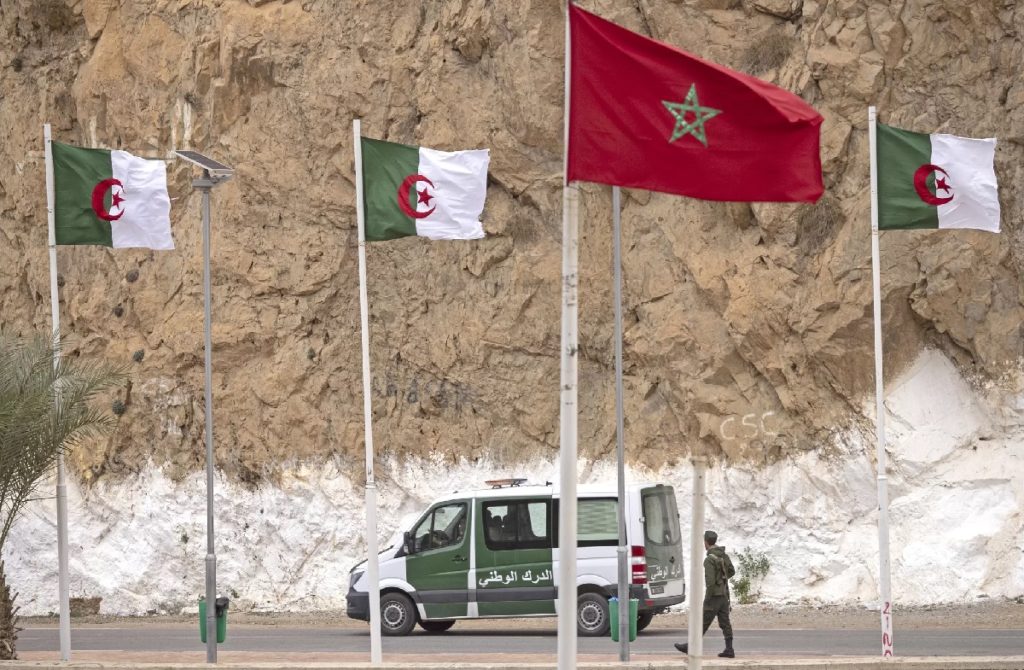
Algeria and Polisario Reject Allegations of Iranian and Syrian Ties as Fabricated Propaganda
In response, Algeria’s official news agency reported that, “the article’s author is a Moroccan journalist who published false and misleading information based on ‘anonymous sources’ in an attempt to obscure facts and target a people striving for their freedom.” The agency added that the correction came following pressure and protests over biased coverage favoring the Moroccan occupation and linked the original misinformation to the actions of the Moroccan journalist working at the newspaper.
Mohamed Sidati Amar, Polisario’s representative at the United Nations, confirmed that the correction was the result of diplomatic efforts. One of the movement’s foreign missions contacted the newspaper to highlight the false claims and inaccuracies in the article concerning the Polisario Front and the Sahrawi people’s legitimate struggle for independence.
He stressed that the article merely recycled “a series of false allegations.”
The Polisario Front had previously denied what it called “fabricated, desperate claims and baseless accusations of terrorism.” It warned it would pursue legal action against anyone who deliberately or inadvertently spreads lies intended to tarnish the Sahrawi people’s just and peaceful struggle by associating them with terrorism.
The original article from the American newspaper had claimed that “Polisario fighters received military training in Iran” and that “hundreds of them are detained in Syria.”

Polisario Dismisses Syrian-Iran Allegations as Baseless Media Fabrications
Polisario denounced these claims as “suspicious fabrications”, alleging they were part of an ongoing effort to link the group to the former Syrian regime and Iran. In February, French broadcaster Monte Carlo Doualiya alleged that Syrian President Ahmad al-Shara refused a request by Algerian Foreign Minister Ahmed Attaf to release detainees from the Algerian army and Polisario militias. The report claimed, without proof, that the detainees had fought for Bashar al-Assad’s forces near Aleppo and were captured by Hay’at Tahrir al-Sham during a November offensive that led to the regime’s fall.
The report further claimed that “Algerian military officers and 500 soldiers from the Algerian army and Polisario militias would face trial along with remnants of Assad’s forces.”
These claims were met with ridicule in Algeria and from the Polisario Front, who challenged the French outlet to produce any evidence—photos, names, or verified videos. Algerian sources completely rejected the accusations, reaffirming that Algeria’s military doctrine forbids the deployment of troops beyond its borders.
Polisario and Hezbollah
Algerian sources pointed out that these recent attempts to connect the Polisario Front with Iran and the Assad regime echo similar efforts from 2018, when Morocco allegedly used its diplomatic channels to claim a link between Hezbollah and Sahrawi refugee camps in Tindouf, Algeria.
In December 2018, Moroccan Foreign Minister Nasser Bourita asked then-U.S. President Donald Trump for help, arguing that the Western Sahara issue was just a part of the broader threat posed by Iran. At the time, Algeria responded by summoning the Moroccan ambassador to reject what it called baseless claims dragging Algeria into an unrelated issue.
Iran also denied Morocco’s allegations of facilitating weapons transfers to the Polisario Front. Hezbollah similarly rejected Morocco’s accusations, blaming them on pressure from the U.S., Israel, and Saudi Arabia.
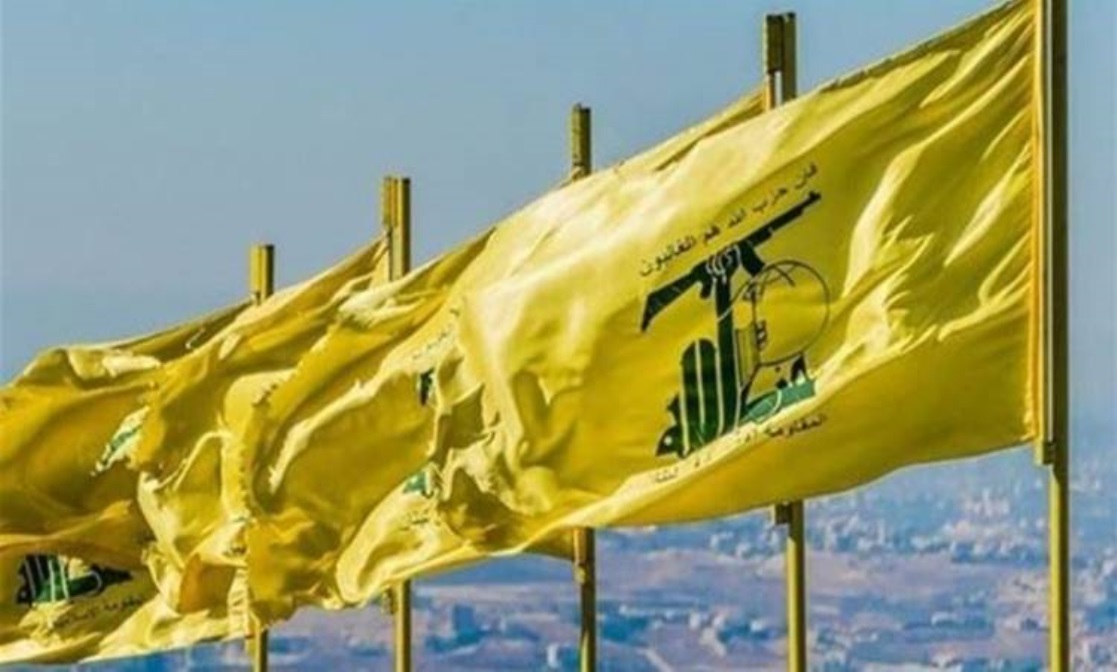
Statements from Trump’s Son-in-Law
Algerian sources believe that such reports aim to shape President Trump’s policy to isolate the Polisario Front by branding it as a terrorist group. Meanwhile, Massad Boulos, Trump’s son-in-law and adviser on Africa and the Middle East, announced plans to visit both Algeria and Morocco to discuss the Western Sahara issue.
He emphasized that U.S. recognition of Moroccan sovereignty over Western Sahara is not unconditional and depends on the Sahrawi people’s approval. Boulos stated that the Polisario Front is considered a party to the dispute, granting it political and international legitimacy in the eyes of the U.S. administration—contrary to efforts by certain lobbies to label it as a terrorist group.
In an interview with Al Hadath, Boulos clarified that Trump’s 2020 declaration supporting Moroccan sovereignty also emphasized the need for dialogue and a mutually satisfactory solution. He stressed that a final resolution must address the situation of Sahrawi refugees, reminding that “there are 200,000 Sahrawi refugees living in Algeria.”

